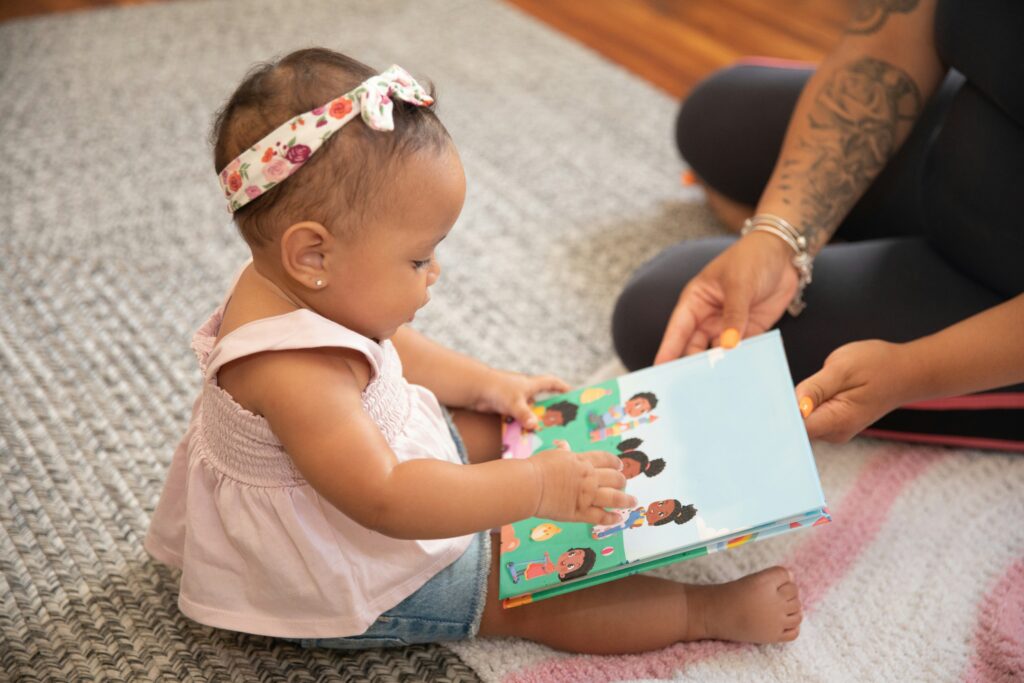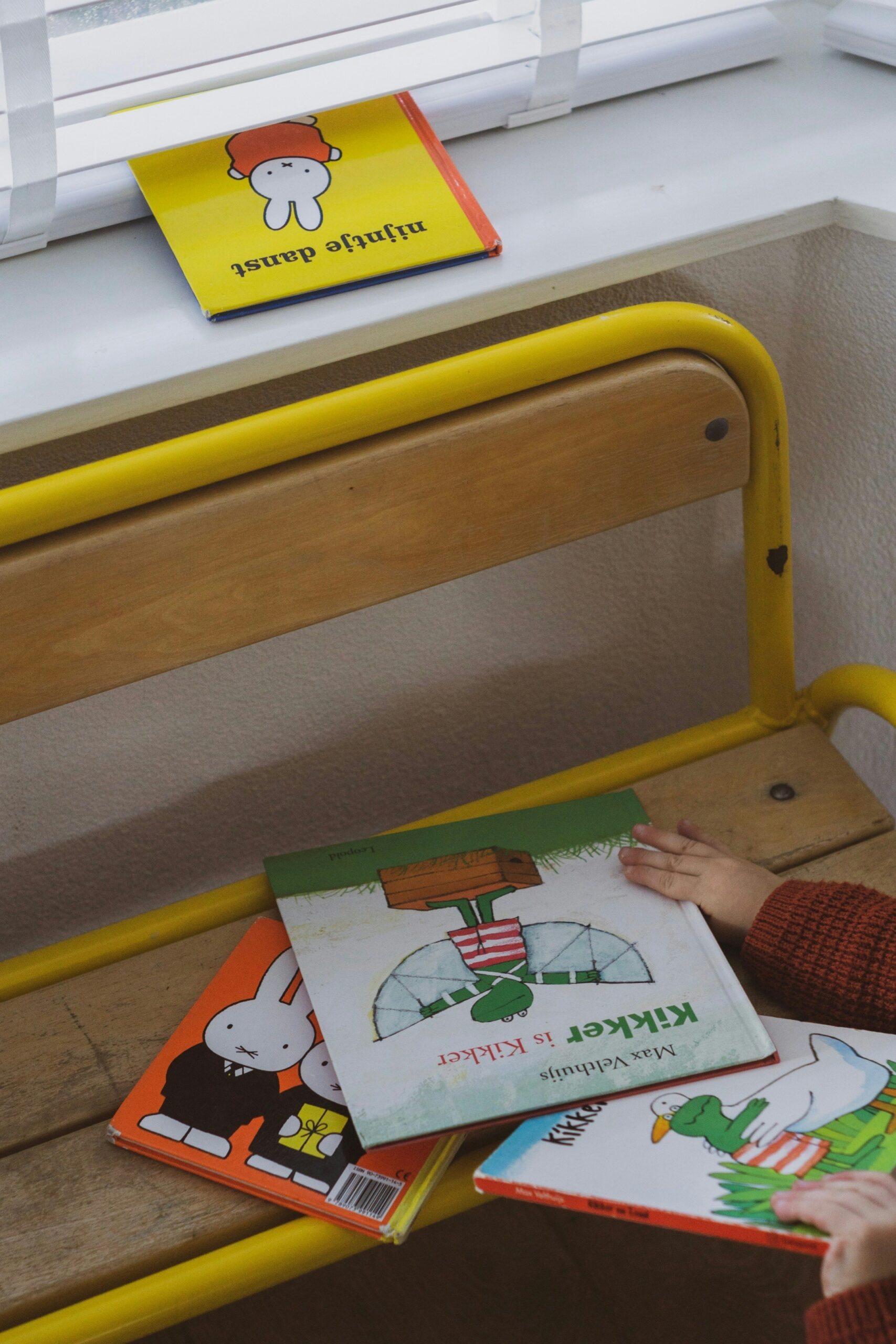Parenting comes with a barrage of worries, hopes, and curiosities. One of the biggest landmarks is waiting for that first “mama” or “dada” from your little one. For some parents, this milestone can take a bit longer to reach, sparking concerns about their baby’s speech development. If you find yourself pacing the floors wondering, “Why is my baby not talking yet?” fear not, for you’re not alone, and there’s a trove of insights, strategies, and support to tap into.
This comprehensive guide is crafted for the sleep-deprived, coffee-fueled parent in search of answers and a pathway to their child’s linguistic world. From decoding the nuances of speech development to becoming a pro at spotting red flags, this narrative will walk you through the language labyrinth, making sure that you—and your wobbly-word artist—are well equipped for this captivating venture called child rearing.
Understanding Speech Development in Babies
Early Verbal Victories: What to Expect
Speech development in babies is somewhat of an enigma — a symphonic mixture of nature and nurture, milestones not molded but met in their own time. Contrary to urban myths and parent-to-parent tales, there’s no hard and fast rule for when your baby should say their first real word. However, we can gently map the trajectory.
The Timetable of Tiny Talks
Babies typically utter their first words around 12 months, though “normal” varies greatly, with some starting even before six months, which is astounding, as it makes us wonder if infants have secret meetings where they decide on global milestones they’ll break.
What is “Early” Anyway?
Early here generally means the first two years but consider many children with speech delays still catch up successfully. Normal development includes cooing and babbling within the first 6 months, and then comes the real show — waving, pointing, and first words pretty soon.
The Joys of Jibber-Jabber
Language acquisition is a marvel, as your little one goes from gurgling to greeting. Early speech is less about the actual words and more about the dance of vocal play. Here’s where to set the bar:
Pre-Word Revelry
Before babies yank the linguistic emergency brake and tumble out their first “uh-oh,” they have a slew of precursors — cooing, babbling, and imitating sounds. This stage is critical, as it’s the warm-up before the real game begins.
The Birth of Words
Around 10-14 months, your cherub may sprinkle your world with their first real words. These are often nouns like “ball” or “dog,” simple and solid bits of sound that hold meaning.




Identifying Speech Delay
When “Wait and See” Isn’t a Strategy
Seeing your baby struggle with words, or worse, not attempt them at all, can be gut-wrenching. How do you know when it’s time to call in the big language guns?
Flags of Blue and Gold
There are signs, not roadblocks, that help you identify speech delays. When your baby isn’t hitting the strides of the general timetable, stays stuck on the same vowel sounds, or seems disinterested in attempting new words, it’s time to unbox your detective hat.
Knowing When to Call for Help
Parents are the front line but not the only line. If you sense something is off in the land of speech, consult your pediatrician, who can guide you on when and how to involve a speech therapist or other experts.
Causes of Speech Delay
Unlocking the Silent Story
When a baby holds language hostage, it can be frustratingly silent. Here’s a forensic look at what could be conjuring this delay.
The Mystery of Delay
Identifying the cause of a speech delay is as much science as Sherlocking. It could be rooted in hearing problems, premature birth, or neurological hiccups. Sometimes, however, it’s just a case of a late bloomer.
Importance of the Early Word
Early intervention is key; the sooner you give language development a jumpstart, the better. Delay doesn’t equate doom, but understanding its cause is the first step in untangling your child’s language abilities.
Home Sweet Home Speech Session
You are your baby’s first — and most important — speech coach. Here are tools for your at-home toolkit.
Encouraging Baby Babble
The most powerful coaching tool is praise, with a dollop of patience. Name objects, chat, and read books together. When your baby babbles, babble back. This back-and-forth is a cornerstone of language.
Gadgetry With a Purpose
In a world enamored with tech, there’s a place for language apps and games, as long as they’re used with you. Balance screens with human interaction and watch for changes — gadgets are tools, not tutors.
Community Support and Resources
The Speech-Delay Village
In the vast realm of parenting, there’s immense comfort in community — a lifeline of shared experiences and shoulders to lean on.
Finding Your Speech Tribe
Connecting with other parents facing similar situations can be a salve to the soul. Online forums, local groups, or even a coffee with a friend can have an alchemic effect on your worries.
The Web of Webs
The internet is a smorgasbord of pages, advice, and resources, but sift wisely. Official organizations and well-regarded websites offer sound strategies and support groups.
The Long Road to Language
Your baby’s speech delay isn’t just about their words; it’s a compass pointing to their unique linguistic map. The most vital tool in your arsenal is you — your warmth, wisdom, and willingness to be the wind at their linguistic sails, guiding them through the seas of speech.
Patience is your ally, and intervention, if needed, your beacon. This delay isn’t a race; it’s an invitation to deepen your understanding of your child and champion their development.
In this quest, remember, while you’re waiting to hear those first precious words, your actions speak volumes. You’re not just a parent; you’re a partner in the complex choreography of your child’s communication. And with each gaze, giggle, and gesture, you’re already speaking their language, loud and clear.







